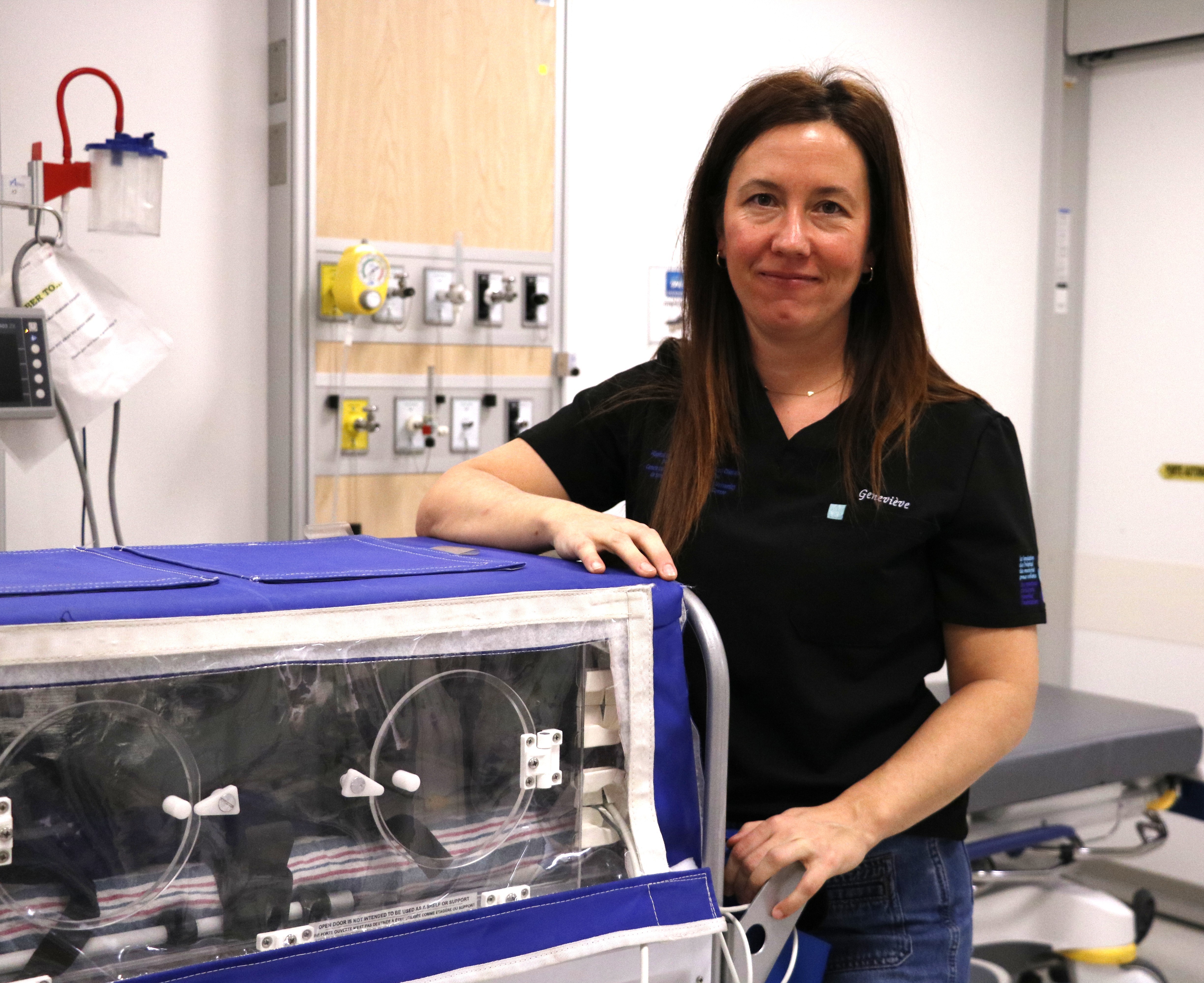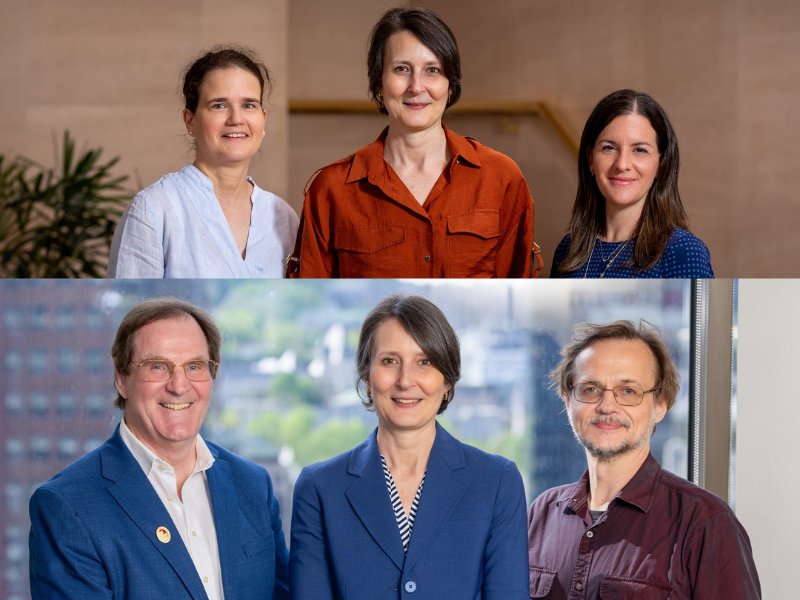
Celebrating Critical Care Transport Nurses at the MCH
18 February 2026
Rise in respiratory infections and measles outbreak: important infection prevention measures at the Montreal Children’s Hospital.
Read moreWelcome to the Montreal Children's Hospital

11 June 2025
Three exceptional McGill University Health Centre (MUHC) and McGill University research platforms have been awarded funding through Brain Canada’s Platform Support Grants program, along with three other projects from different institutions. With this support, these platforms will foster partnerships across research disciplines and power solutions for people living with brain conditions. From biobanks to databases and standardized protocols, these unique platforms highlight the significant role infrastructure plays in Canada’s research ecosystem.
Dr. Alan Evans, Montreal Neurological Institute-Hospital, McGill University
Total grant amount: $2,850,000.00
Many of the challenges faced by both basic and clinical neuroscientists can be tackled with open science approaches. To achieve these goals, Dr. Evans and his team have built the Canadian Open Neuroscience Platform (CONP), which aims to make neuroscience research, data and tools accessible to everyone, with the ultimate objective of accelerating scientific discovery and its eventual translation to disease treatments. Through CONP’s online portal, that provides open access to datasets and analysis tools, its “Evidence” open publication platform and its development of data governance frameworks and toolkits to facilitate open data sharing, the platform takes a truly multifaceted approach to enabling Open Science practices in the field of neuroscience.
Dr. Marie-Christine Guiot, Goodman Cancer Institute and Montreal Neurological Institute-Hospital, McGill University
Total grant amount: $570,000.00
The Histology Innovation Platform is a specialized facility that helps scientists study the brain at a cellular level to better understand neurological diseases like Alzheimer’s, brain cancer and epilepsy. Through offering services such as tissue preparation, staining and advanced imaging, as well as supporting research using technologies that map gene and protein activity within intact tissues, the platform acts as a key resource for projects that aim to find new treatments, diagnostic tools and ways to improve patient outcomes by exploring how different brain cells interact and change in disease. This platform is helping to advance research that could lead to better treatments for neurological diseases, ultimately improving the health and well-being of Canadians.
Dr. Pia Wintermark, the Montreal Children’s Hospital and the Research Institute of the McGill University Health Centre (Child Health and Human Development Program)
Total grant amount: $1,710,000.00
Hypoxic-ischemic encephalopathy (HIE) can be caused at birth when babies do not receive enough oxygen to their brain and organs. While this life-threatening condition is responsible for 23 per cent of babies’ deaths worldwide and often results in difficulties with learning and everyday functioning, there is currently no treatment to repair brain damage caused by HIE. The NECTAr platform will address this gap by creating a national, collaborative and multidisciplinary platform focused on improving the care and long-term outcomes of babies with HIE. More specifically, the platform’s priorities include improving early treatments by collecting extensive data and comparing practices across hospitals, developing and testing new therapies to repair brain damage, empowering parents through their journey, and training the next generation of doctors and scientists to care for these vulnerable babies.
Brain Canada’s flagship Platform Support Grants (PSG) program aims to support interdisciplinary collaboration and enhance Canada’s technical and research capabilities through shared tools and databases, to transform research into real world impact.
By enabling access to cutting-edge tools and specialized skills beyond the reach of individual researchers, the PSG program plays a vital role in strengthening the research landscape. These Montreal based platforms serve as hubs for researchers to work together towards the common mission of advancing our understanding of neuroscience and mental health.